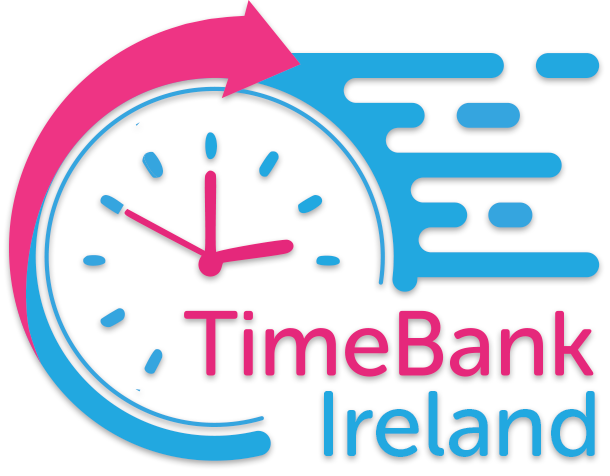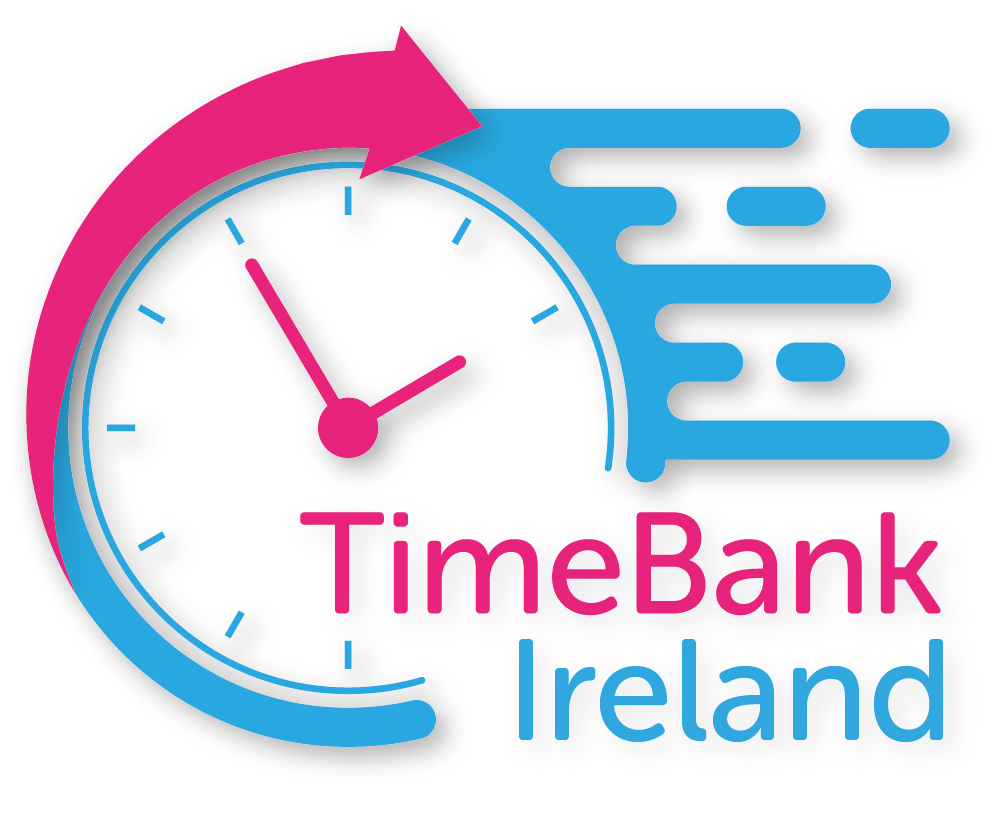Active Citizenship in Ireland

Linking Time Banking and Active Citizenship:
- Community Engagement and Solidarity: Both time banking and active citizenship emphasize the importance of community engagement. Time banking, by its very nature, encourages individuals to actively participate in their community by offering and receiving services. This mutual exchange fosters a sense of solidarity and interconnectedness, which are also core values of active citizenship.
- Empowerment and Skill Sharing: Time banking allows individuals to recognize and utilize their skills for the benefit of others. This empowerment and skill-sharing resonate with the principles of active citizenship, where individuals use their knowledge and abilities to contribute positively to society.
- Building Social Capital: Active citizenship is about building and strengthening social ties within a community. Time banking does the same by creating a network of trust and mutual support. As individuals exchange services, they also build relationships, leading to a stronger, more cohesive community.
- Promoting Equality: One of the foundational principles of time banking is that all hours are equal, regardless of the service provided. This promotes a sense of equality and breaks down societal hierarchies based on professional skills or economic status. Active citizenship also champions equality and inclusivity, ensuring that all voices are heard and valued.
- Encouraging Active Participation: Just as active citizenship encourages individuals to take an active role in their communities, time banking requires active participation for its success. Both concepts emphasize the importance of not being passive observers but proactive contributors to community well-being.
- Addressing Community Needs: Through time banking, communities can address specific needs without relying on monetary transactions. For instance, an elderly person might need assistance with household chores, while a student might require tutoring. Active citizenship also focuses on identifying and addressing community needs through collective action and collaboration.
In conclusion, time banking and active citizenship are two concepts that align closely in their objectives and values. Both promote community engagement, mutual support, and active participation, leading to stronger, more resilient communities. Integrating time banking into active citizenship initiatives can further enhance the environment, community cohesion and collective well-being.
How to be an Active Citizenship Ireland
Hey there! Ever wondered about the concept of active citizenship and its significance in Ireland? Well, you’re in the right place. Let’s dive into this intriguing topic together!
Introduction to Active Citizenship
What is Active Citizenship?
Active citizenship refers to the active role citizens play in their communities, both at a local and national level. It’s all about taking responsibility, being involved, and making a difference. Think of it as being a proactive member of society, rather than just a passive observer.
Community Involvement
Beyond formal civic duties, active citizenship also involves informal participation in community activities. This could mean volunteering at local shelters, joining community clean-up drives, or participating in neighborhood watch programs. Such involvement strengthens community bonds and fosters a sense of belonging.
Advocacy and Activism
Active citizens often advocate for causes they believe in. They might campaign for environmental protection, social justice, or any other cause that resonates with them. Through peaceful protests, petitions, or awareness campaigns, they strive to bring about positive change in society.
Importance of Active Citizenship
Active citizenship is crucial for a thriving democracy. It ensures that citizens are informed, engaged, and play a part in shaping the future of their country. In Ireland, with its rich history and diverse communities, active citizenship is the backbone of a cohesive and progressive society.
The Evolution of Active Citizenship in Ireland
Historical Perspective
Ireland’s journey towards active citizenship has been a rollercoaster in recent years. From the early days of the Celtic tribes to the struggles for independence, the Irish have always been active participants in their destiny. The spirit of community and collective action is deeply rooted in Irish culture.
Modern Day Relevance
Today, active citizenship and public policy in Ireland is more relevant than ever. With the challenges of globalization, migration, and technological advancements, the need for informed and engaged citizens is paramount.
Key Components of Active Citizenship in Ireland
Civic Responsibility
This involves understanding one’s rights and responsibilities as young person and an Irish citizen. It’s about respecting the law, paying taxes, and being a responsible member of society.
Community Engagement
From volunteering at local charities and groups to participating in community events, engagement is all about being involved and making a positive impact.
Political Participation
This election isn’t just about voting. It’s about understanding the political landscape, being informed about policies, and even running for office if you’re passionate enough!
Challenges and Opportunities
Barriers to Active Citizenship
Like any other country, Ireland faces challenges. Some young people may feel disconnected from the political process, while others believe their voice doesn’t matter. There’s also the challenge of misinformation in the digital age.
Opportunities for Growth
However, with challenges come opportunities. Initiatives are being taken to increase political awareness, promote community engagement, and ensure every citizen feels valued and heard.
The Future of Active Citizenship in Ireland
Role of Education
Education plays a pivotal role in shaping active citizens. Schools and universities in Ireland are increasingly focusing on civic education, ensuring the youth are well-equipped to take on future challenges.
Government Initiatives
The Irish government is also playing its part by launching programs that promote and encourage active citizenship, from community projects to political awareness campaigns.
Conclusion
Active citizenship is the heartbeat of Ireland. It’s what ensures a vibrant, inclusive, and forward-thinking nation. By understanding its significance and embracing its principles, every Irish citizen can contribute to a brighter future for the Emerald Isle.
FAQs
1. What is the main goal of active citizenship?
– The main goal is to engage and promote civic participation, ensuring citizens are informed, engaged, and play an active role in their communities.
2. How can I become an active citizen in Ireland?
– Start by being informed about local and national issues, participate in community events, volunteer, register and exercise your right to vote.
3. Why is community engagement important for active citizenship?
– Community engagement programme ensures that citizens are connected to their local communities, fostering a sense of belonging and collective responsibility.
4. How does the Irish government promote active citizenship?
– Through various programs and initiatives that focus on civic education, elections, community projects, and political awareness campaigns.
5. Is active citizenship only about political participation?
– No, it encompasses a wide range of activities, from community engagement to politics to understanding and fulfilling civic responsibilities.






